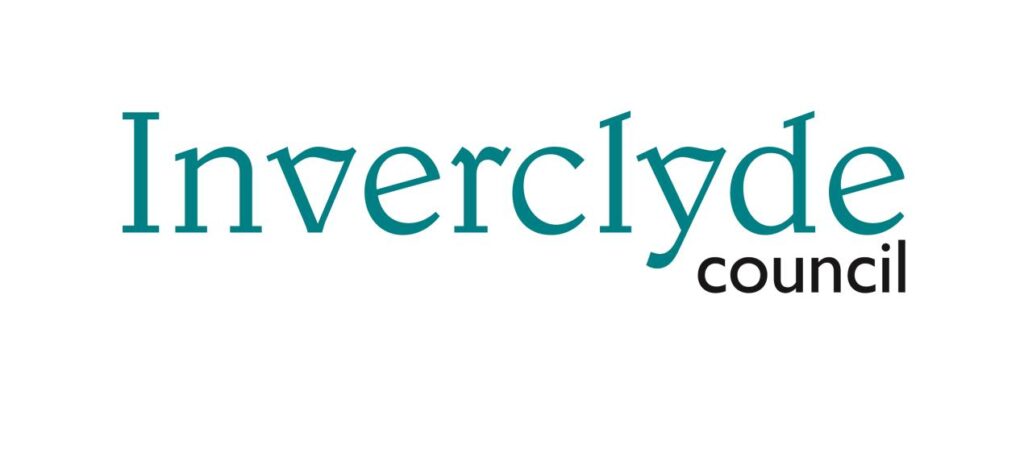Council recognised for historic links to slavery work

INVERCLYDE Council is in the running for a Scottish local government excellence award for its work examining historic links to slavery.
The council has been named as a finalist in the ‘Strengthening communities and local democracy’ category at the 2023 COSLA Excellence Awards.
Following the murder of George Floyd in 2020, the local authority gave a commitment to investigate the area’s history and address the legacy of slavery.
Since then, the council has been working with a range of partner organisations, community groups and individuals to examine Inverclyde’s historic links to the transatlantic slave trade and how they should be remembered.
A dedicated group was established to take forward the project, examine key themes in closer detail, and investigate appropriate reparations.
To date, there has also been: various public consultations, including listening events; an extensive audit of places and buildings with features or links to slavery; and greater focus on education about black history, culture and anti-racism messages in schools and the wider community.
The very strong message coming back from the community was that the focus should be on education and ensuring that the community is fully informed about the issues that have influenced Inverclyde past and present.
The council-run Watt Institution, incorporating the McLean Museum & Art Gallery, Watt Library and Watt Hall, which has played a key role in the project, has also secured a £230,000 grant from the National Lottery Heritage Fund to support the de-colonisation of the museum collection.
Councillor Stephen McCabe, leader of Inverclyde Council, said: “This is welcome recognition for the hard work that has been done to date by council services alongside many partner organisations and individuals to explore the area’s historic links to slavery and ensure they are appropriately acknowledged in as inclusive and representative a way as possible.
“Inverclyde has a rich history and produced people who have changed the world so there is much cause for celebration but that heritage also includes parts that have, until recently, been too often hidden or not spoken about.
“That’s why the links to slavery project has been so important, it has shone a light on those parts of our history as part of our reparation and to ensure people are properly informed about that.
“Congratulations to everyone involve in the historic links to slavery project and good luck at the COSLA Excellence Awards final next month.”
The historic links to slavery project has also seen work done around the Gourock Coat of Arms, which is regarded as having racial imagery, to either remove the crest, where practicable, or provide information alongside it to inform people about its background.
More local events and activities have also taken place during Black History Month, which takes place in October, including at the Watt Institution and the Beacon Arts Centre, and a new heritage trail and abolitionist plaque is being developed to highlight links to slavery in Inverclyde’s towns and villages.
Scotland has long maritime traditions trading across the Atlantic, with ships from Glasgow noted in the West Indies as early as the 1690s.
These links expanded significantly in the 18th Century, however, this trade was highly dependent on African slave labourers.
Although a smaller port than in other parts of the UK, the Inverclyde towns of Greenock and Port Glasgow were also involved and it is estimated that at least 19 ships left the towns between 1706 and 1766.
The historical social and economic development of the area rested on colonial tropical produce, evident in the emergence of sugar refineries in Greenock which underpinned the town’s population growth from 2,000 in 1700 to 17,500 in 1801.
The need to acknowledge these links was brought into sharp focus following the murder of George Floyd and a commitment was given by the council to investigate Inverclyde’s history and address this legacy.
Collaboration was crucial to ensuring that the project was approached in a sensitive, representative, and progressive manner.
Support was sought from individuals, groups and organisations with experience in this area, including other councils, universities, Museums Galleries Scotland, the National Lottery Heritage Fund, and the Coalition for Racial Equality and Rights.
Inverclyde Council is one of three local authorities shortlisted for the ‘Strengthening communities and local democracy’ prize with the winner to be announced at the 2023 Excellence Awards on Thursday 28 September 2023 as part of COSLA’s Annual Conference and Exhibition.
The full list of nominees is available at www.cosla.gov.uk/news/2023/cosla-excellence-awards-finalists-announced.




